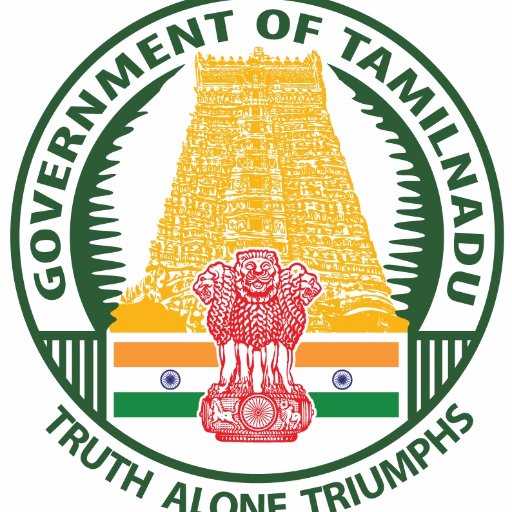Every Citizen Has Right To Seek Information
Every citizen of India has right to seek information from a public authority which is held by the public authority or which is held under its control. The Right to Information Act, 2005 (RTI) is a law enacted by the Parliament of India applies to all States and Union Territories of India, except the State of Jammu and Kashmir – which is covered under a State-level law. The Act specifies that citizens have a right to obtain information in form of printouts, diskettes, floppies, tapes, video cassettes ‘or in any other electronic mode’ or through printouts and inspect documents, works and records.
 |
 |
There is no prescribed format
To seek information, you should make an application to Central Public Information Officer (CPIO) of concerned public authority in writing. There is no prescribed format and you need not mention why you need information or purpose you are seeking information. The applicant can send application by post or electronic means such as email or can deliver it personally in the office of the public authority. However, applicant must mention his name and complete postal address to seek information.
Right to Information Act
The Central Right to Information Act came into force on the 12th October, 2005. Under the Act, all authorities covered must appoint their Public Information Officer (PIO). They are responsible for collecting information sought by you from various wings of that Department and providing that information to you.
If the request pertains to another public authority (in whole or part) it is the PIO’s responsibility to transfer/forward the concerned portions of the request to a PIO of the other within 5 days. In addition, every public authority is required to designate Assistant Public Information Officers (APIOs) to receive RTI requests and appeals for forwarding to the PIO’s of their public authority. A list of PIOs/APIOs and Appellate Authorities for all Central and State departments/Ministries is available online at www.rti.gov.in
If you do not receive information or are dissatisfied with the information received, you can file an appeal with the first appellate authority under section 19 (1) of the right to Information Act. You can file your first appeal within 30 days of receipt of information or within 60 days of filing RTI application (if no information received).If you do not receive information even after the first appeal then you can take the matter forward to the second appeal stage. A second appeal is the last option under the RTI Act to get the information requested. You can file your second appeal within 90 days of disposal of first appeal or within 90 days of the date, by when first appeal was to be decided.
Time limits for reply
The Right to Information Act gives right to information only to the citizen of India. A citizen, who desires to obtain any information under the Act, should make an application to concerned public authority in writing. The Act specifies time limits for replying to the request.
- If the request has been made to the PIO, the reply is to be given within 30 days of receipt.
- If the request has been made to an APIO, the reply is to be given within 35 days of receipt.
- Information concerning corruption and Human Rights violations by scheduled Security agencies (those listed in the Second Schedule to the Act) is to be provided within 45 days but with the prior approval of the Central Information Commission.
- If the PIO transfers the request to another public authority, the time allowed to reply is 30 days but computed from the day after it is received by the PIO of the transferee authority. However, if life or liberty of any person is involved, the PIO is expected to reply within 48 hours.
Fees for Seeking Information
For Central Government Departments, it is Rs 10. For getting information, you have to pay Rs 2 per page of information provided for Central Government Departments. It is different for different states. Similarly, there is a fee for inspection of documents. There is no fee for first hour of inspection, but after that, you have to pay Rs. 5 for every subsequent hour or fraction thereof. You can deposit fee wither in cash or through a DD, bankers cheque or in postal order drawn in favor of that public authority. If you belong to Below Poverty Line (BPL) category, you can get information for free of cost but you must submit proof for the same.
Mode of payment
- Every state has a different mode of payment for application fee. Generally, you can deposit your application fee via paying cash in person (remember to take your receipt)
- Applying by Post pay by Demand Draft, Indian Postal Order, Money orders (only in some states), affixing Court fee Stamp (only in some states), and Banker’s cheque.
- Some state governments have prescribed some head of account. You are required to deposit fee in that account. For that, you can either go to any branch of SBI and deposit cash in that account and attach deposit receipt with your RTI application. Or you can also send a postal order or a DD drawn in favor of that account along with your RTI application.
Disclaimer: The article contains data collected from various sources and the use of same is at readers discretion.





